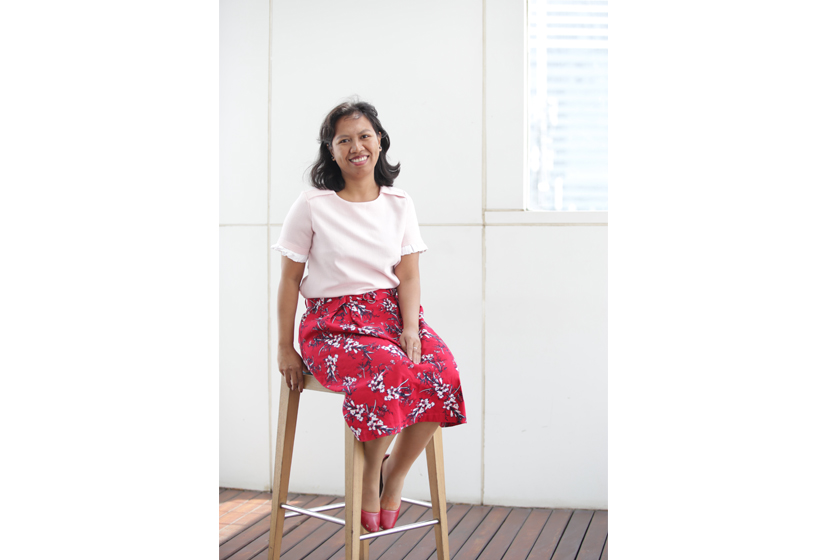Project leader: Ms. Edit Oktavia Manuama
Level of education and university: Master, The University of Melbourne
Collaborating Organisations: Puskesmas Oesapa
Project Location: Kupang, Nusa Tenggara Timur
Activity Type: Training, workshop or seminar
Sector: Health services, public health, maternal and child health
Project Rationale:
Despite the fact that over the last 15 years, Kota Kupang records a significant reduction in stunting about 13.4% from 36.7% (Basic Health Research 2013) to 23.3% (Basic Health Research 2018), the prevalence of wasting, in particular Severe Acute Malnutrition, remains high, which is 5.7% of the total under five population (Basic Health Research 2018).
With the total number of under-five children in Kota Kupang is 38.816. The projected number of SAM is 2212. This is serious issue as children with SAM have risk 11.6 times to die compared to normal children due to co-infection and co-morbidity. Children with SAM have also 40% more risk to grow as stunted adult as it is a part of body compensation to adapt with their wasting condition. Body tends to delay growth to deal with wasting and risks it has to infections. While wasting endanger child survival, stunting affects the brain development.
Over a year, Kupang Health Office has run Integrated Management of Acute Malnutrition in 6 Puskesmas, where children with SAM are treated using the protocol of IMAM. They weekly visited to Puskesmas to received ration of Ready to Used Therapeutic Feeding (RUTF). This ration of RUTF should be consumed by the children to gain their normal weight based on the standard. Evidence highlights that with a high compliance for the treatment (the caregivers bring their children weekly to the health centre and the children consume the therapeutic feeding routinely according to the dose prescribed), the cure rate is 75%.
However, the challenge faces is the high rate of drop out. Stigma and lack supports from the community are the major underlying causes identified by the health staff. This is due to the fact that most of the families are the migrants from other districts in NTT with uncertain jobs. Lesson learned from the other program, namely HIV support group, gathering those who face the same issues facilitate them to overcome their problems high rate of drop out from the treatment.
Practice of feeding the young children is also the main issue. A survey conducted by Oesapa Puskesmas involving 500 respondents found that 80% of poultry formula the first choice for mothers as the supplementary feeding when their baby reach 6 month old.
With a lack support from the extended family and lack knowledge of recommended practice for infant and young child feeding, a support group could be a possible solution for the mothers to sharing good practice and get supports.
Project Beneficiaries:
20 SAM children are expected to be enrolled in this support group.
Priority Development Area:
Human development for a productive and healthy society
Link with Australian organisation:-


 Caregivers of SAM children support groups
Caregivers of SAM children support groups
